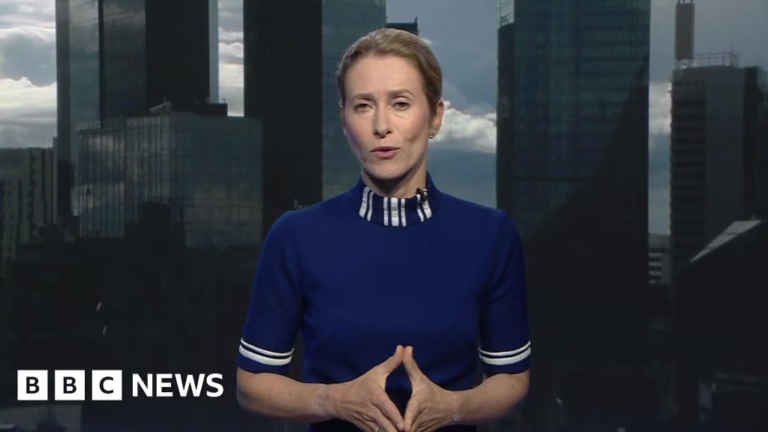Elon Musk’s Department of Government Efficiency (Doge) – established to cut US government spending – claims to have saved, on average, more than $10bn a week since President Trump entered office. BBC Verify has examined the agency’s biggest claimed savings, analyzing the figures and consulting with experts. Our analysis found that behind some of the large numbers, there is a lack of evidence to back them up.
Doge reports savings based on pledges made by Musk. Initially, he committed to cut at least $2 trillion from the federal government budget, later halving the target to $150bn in savings by the end of the following financial year in 2026. A running total of estimated savings, calculating at $160bn in April, is published on its website; however, less than 40% of this figure is broken down into individual savings. Our analysis revealed that of those itemized savings, only about half had a link to a document or other form of evidence.
Some accounting errors have also been pointed out by US media highlighting that Doge mistakenly claimed to have saved $8bn from cancelling an immigration contract, which actually was mistakenly valued at only $8m, a factor that Doge acknowledges and is working to rectify with increased transparency regarding savings receipts.
The biggest savings listed often lack substantial evidence. Out of the four largest savings listed on the Doge website with receipts attached, our examination of the associated evidence and consultations with individuals familiar with federal contracts indicates that these figures appear to be overstated.
In summary, while Doge may have achieved significant cuts in government spending, a lack of sufficient evidence for its reported savings makes it challenging to independently verify the accuracy of these figures.
Source: https://www.bbc.com/news/articles/cn4j33klz33o







